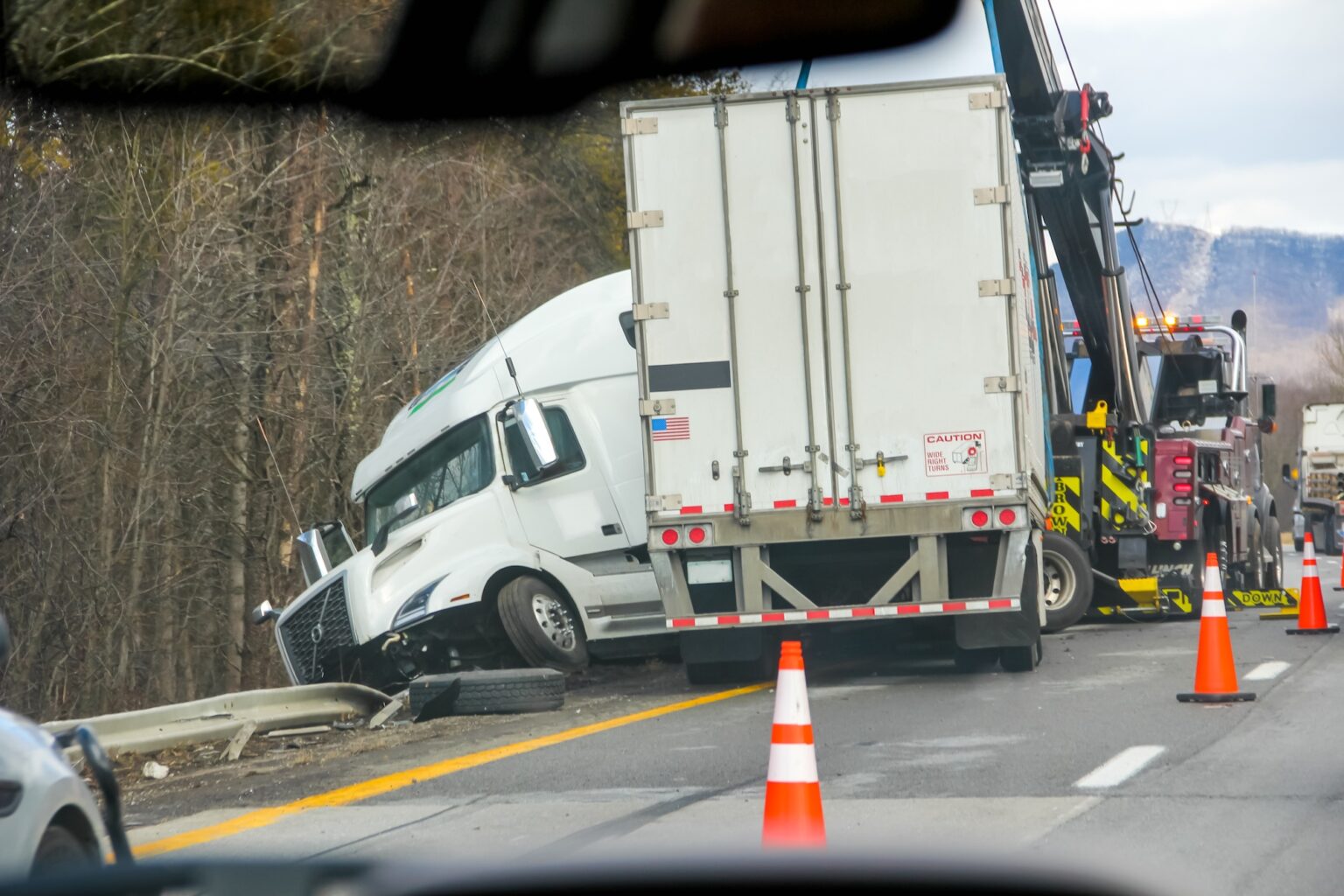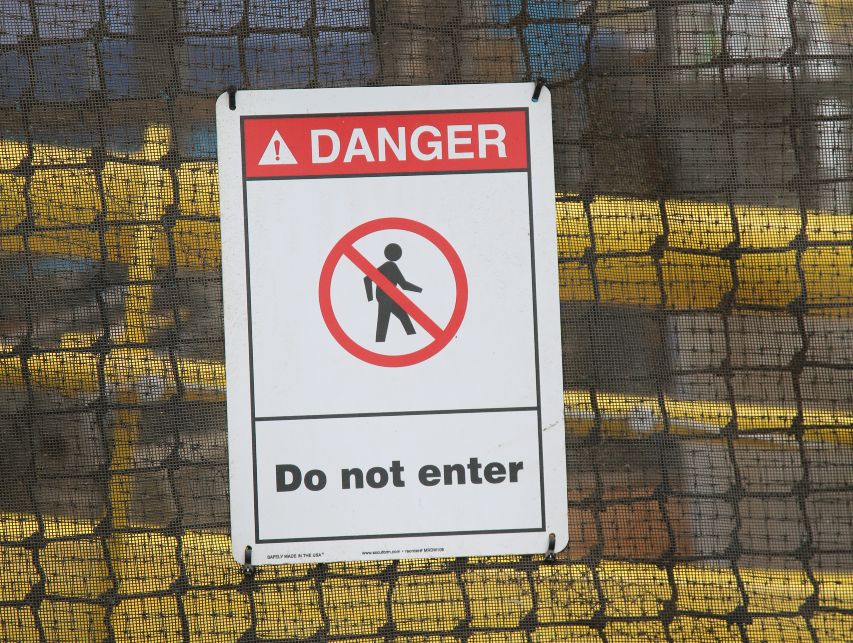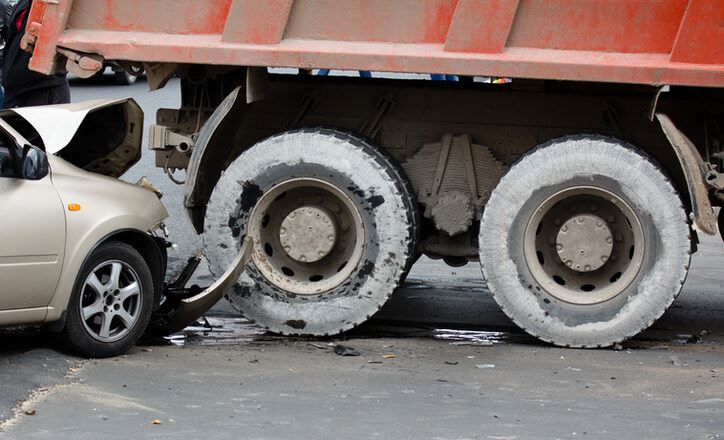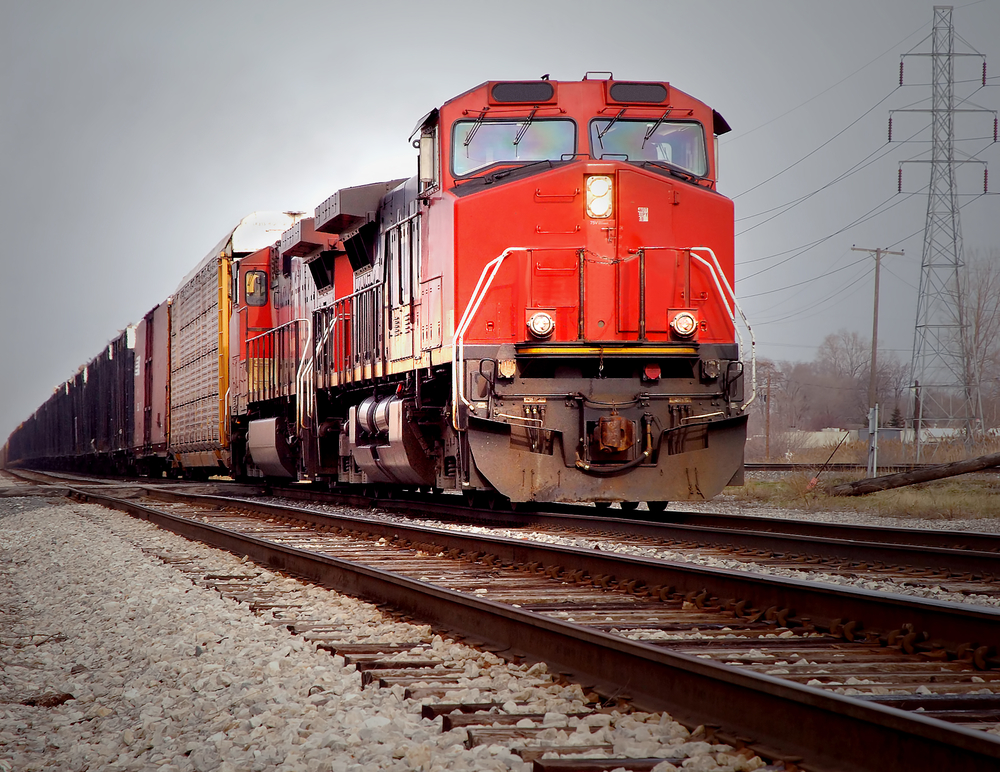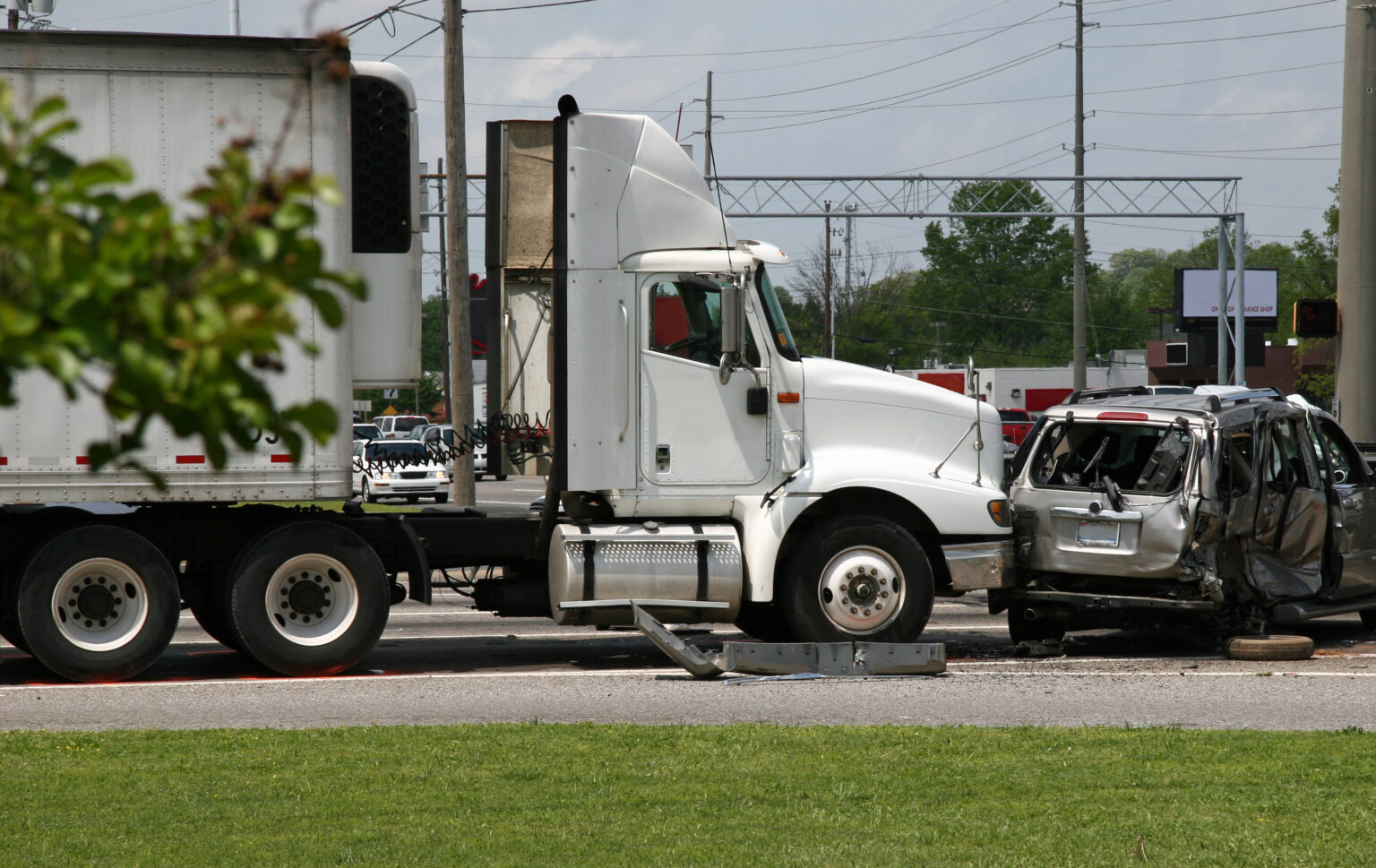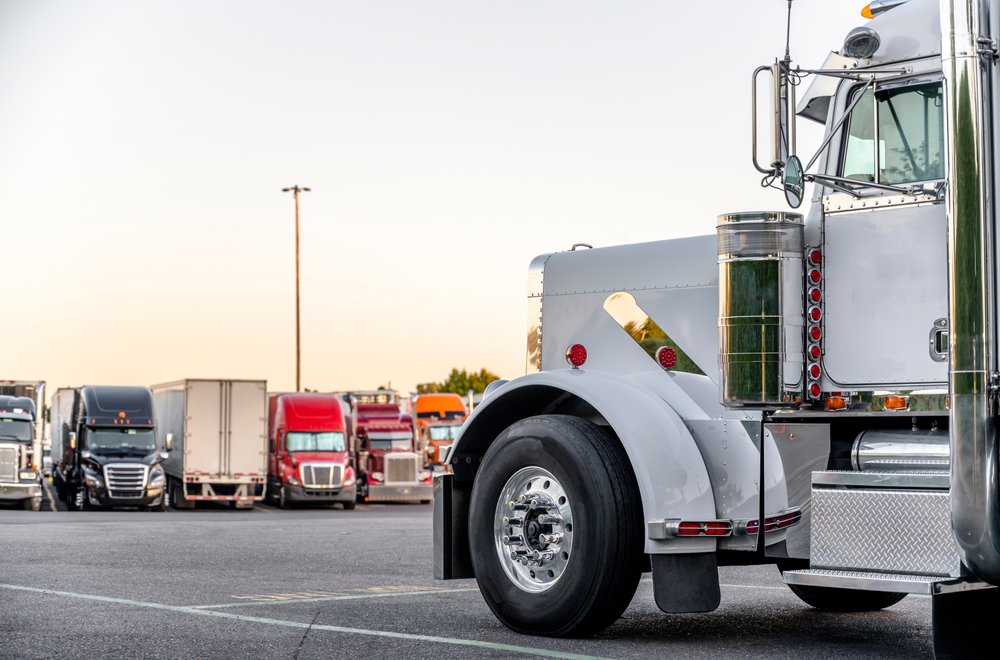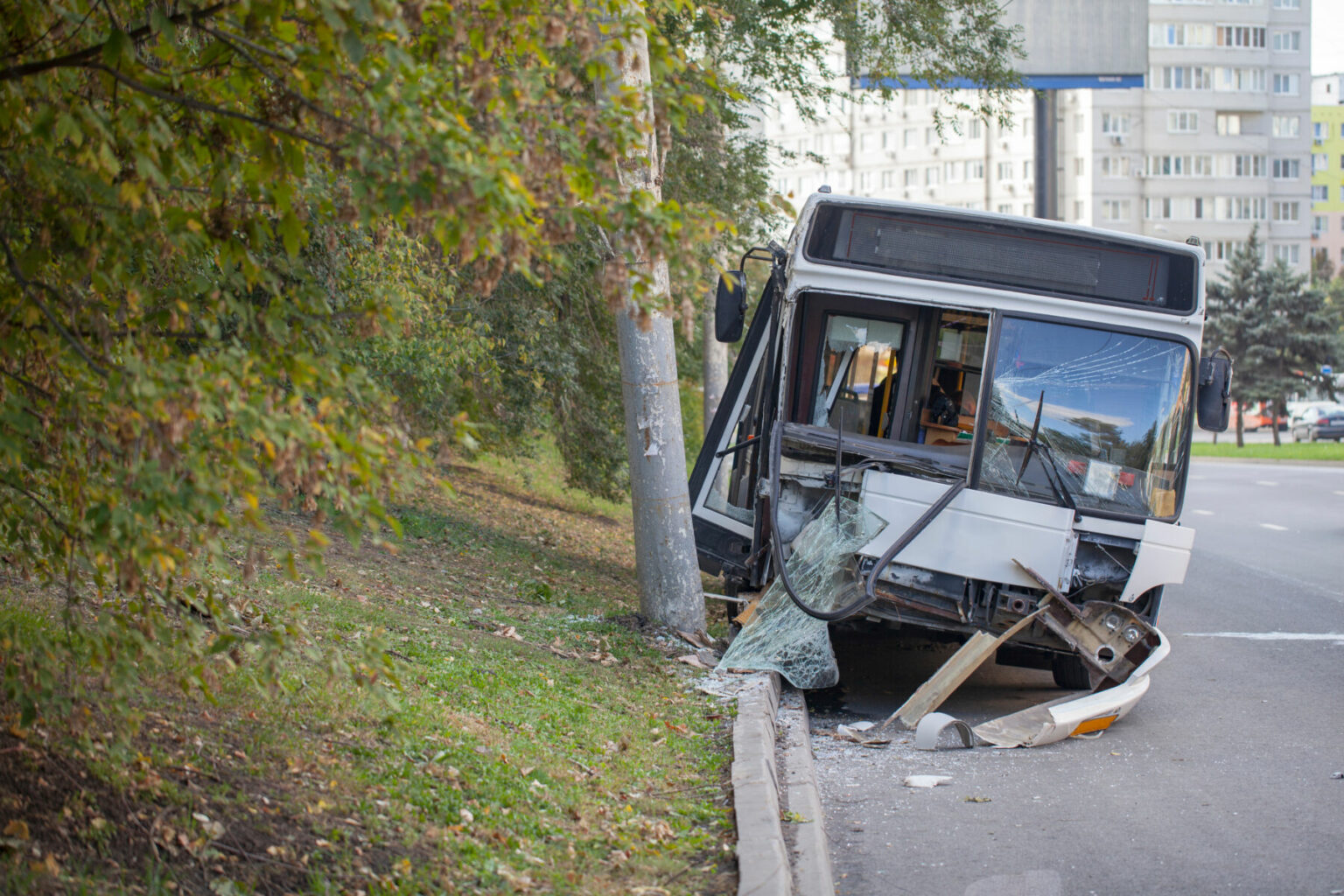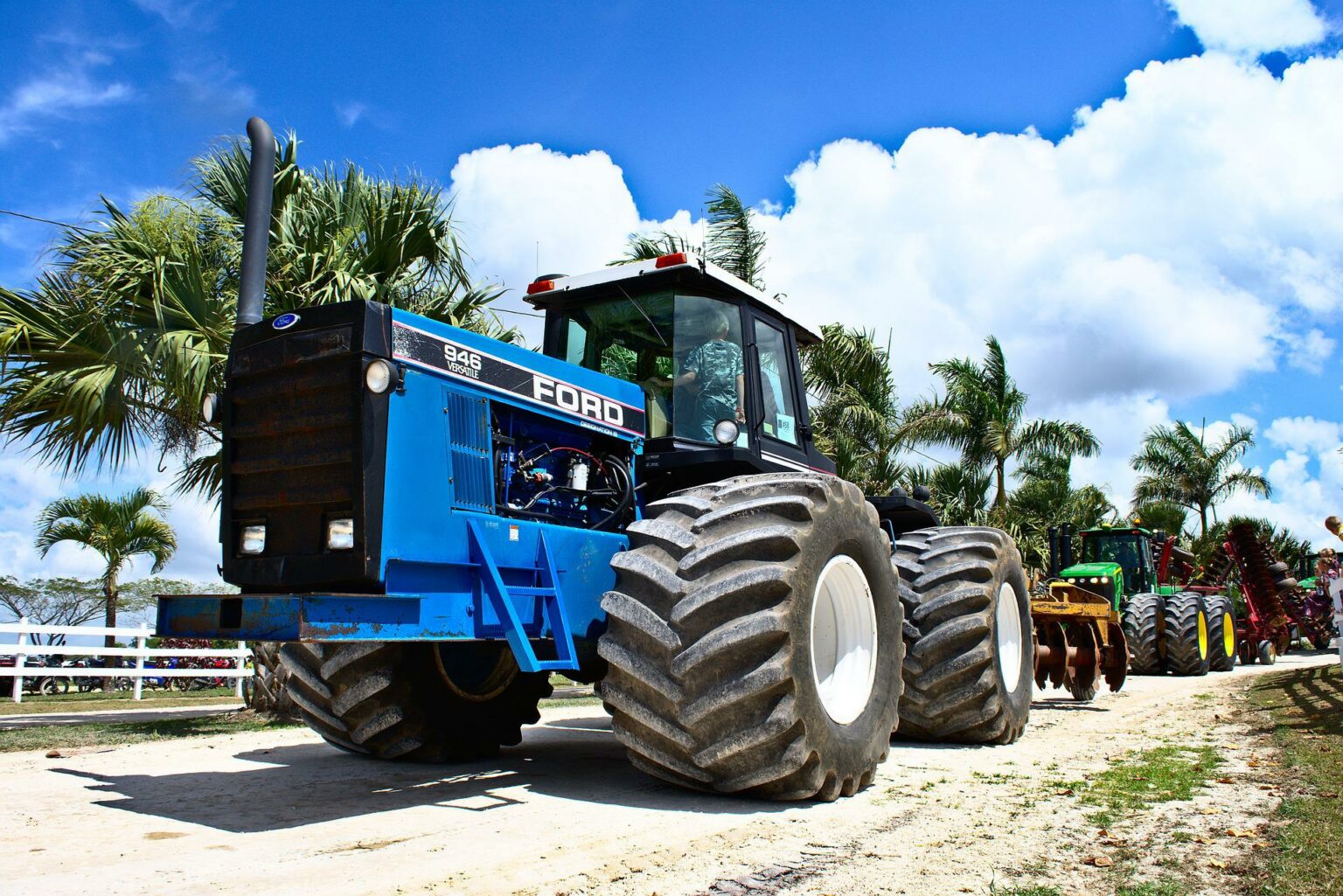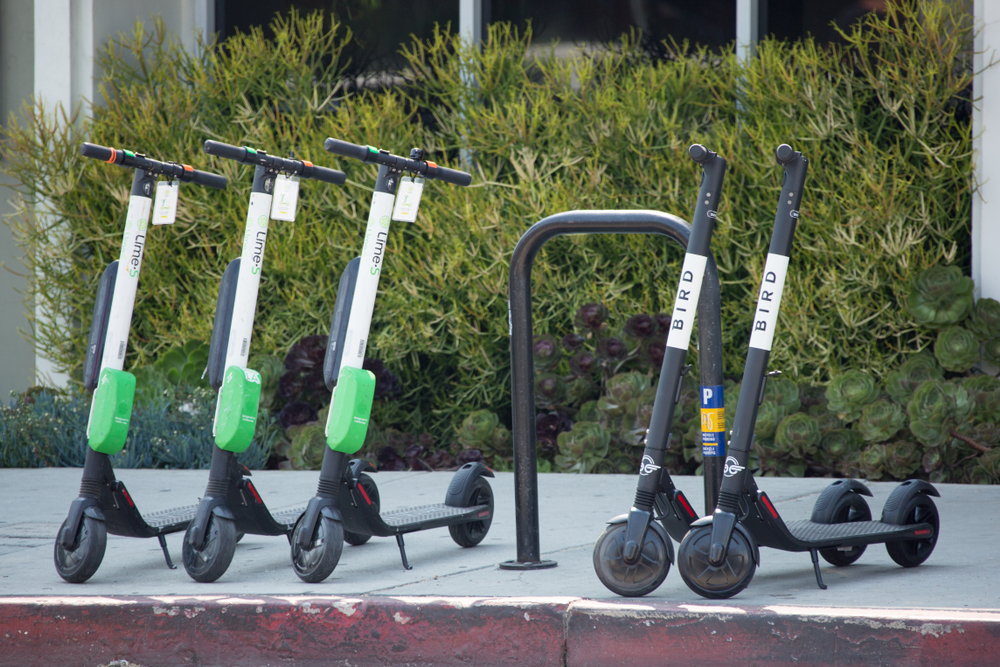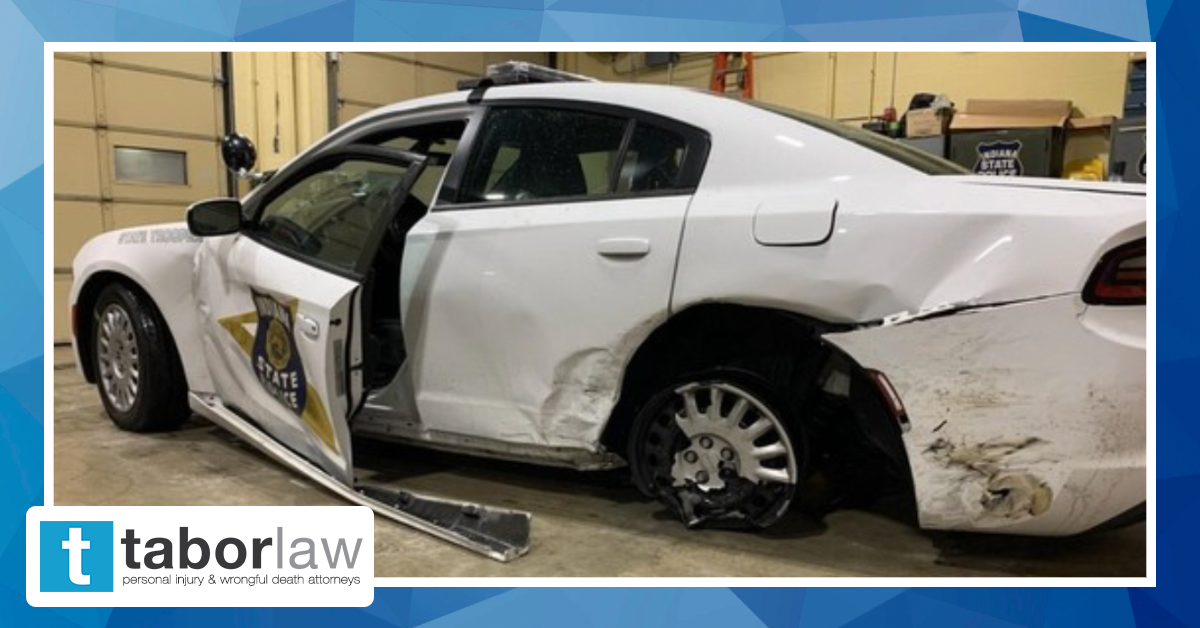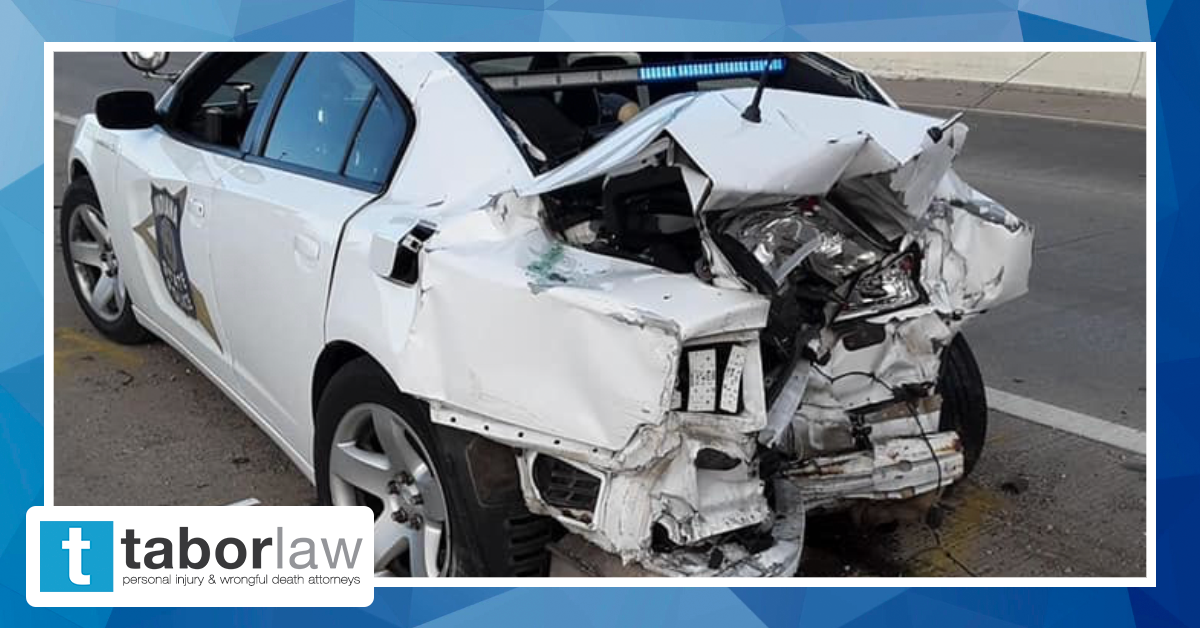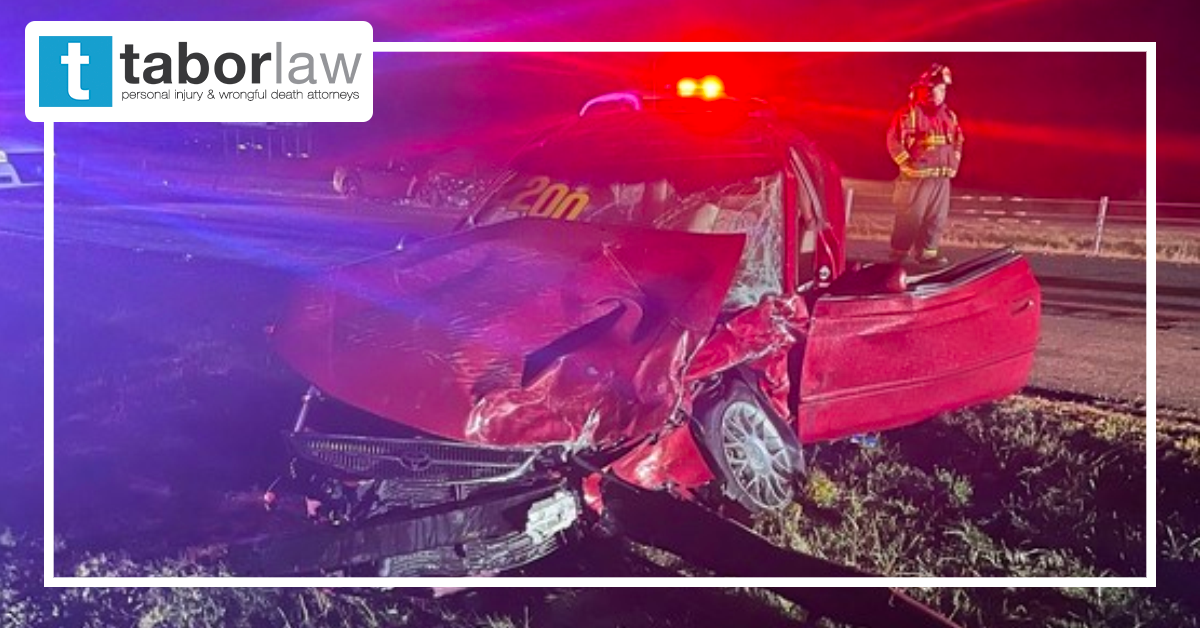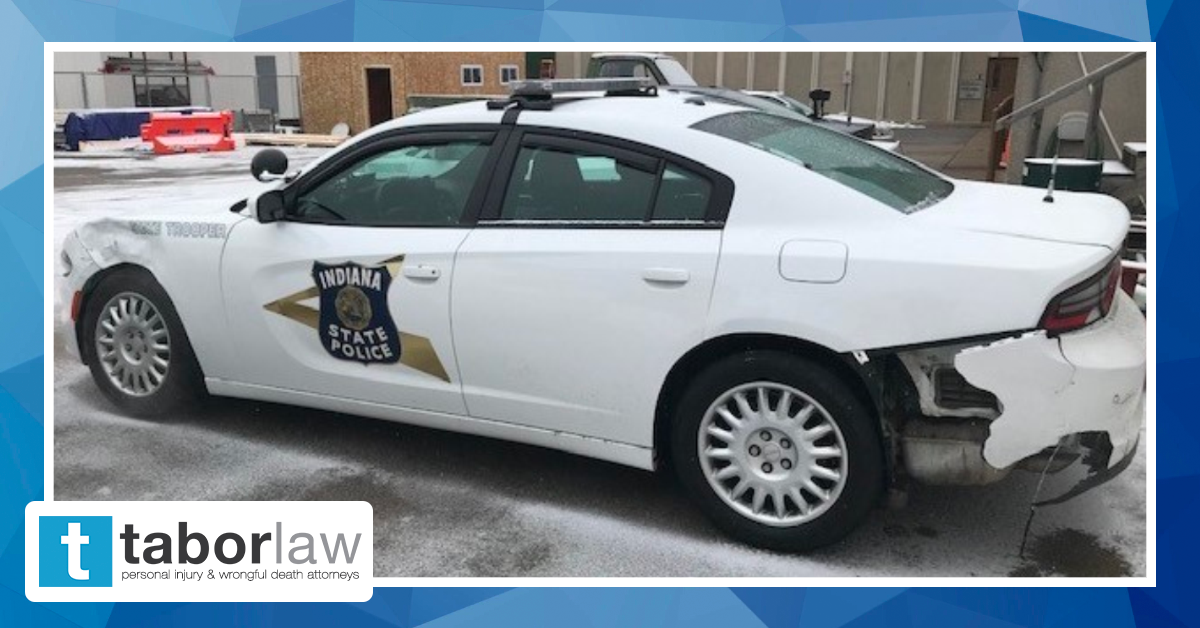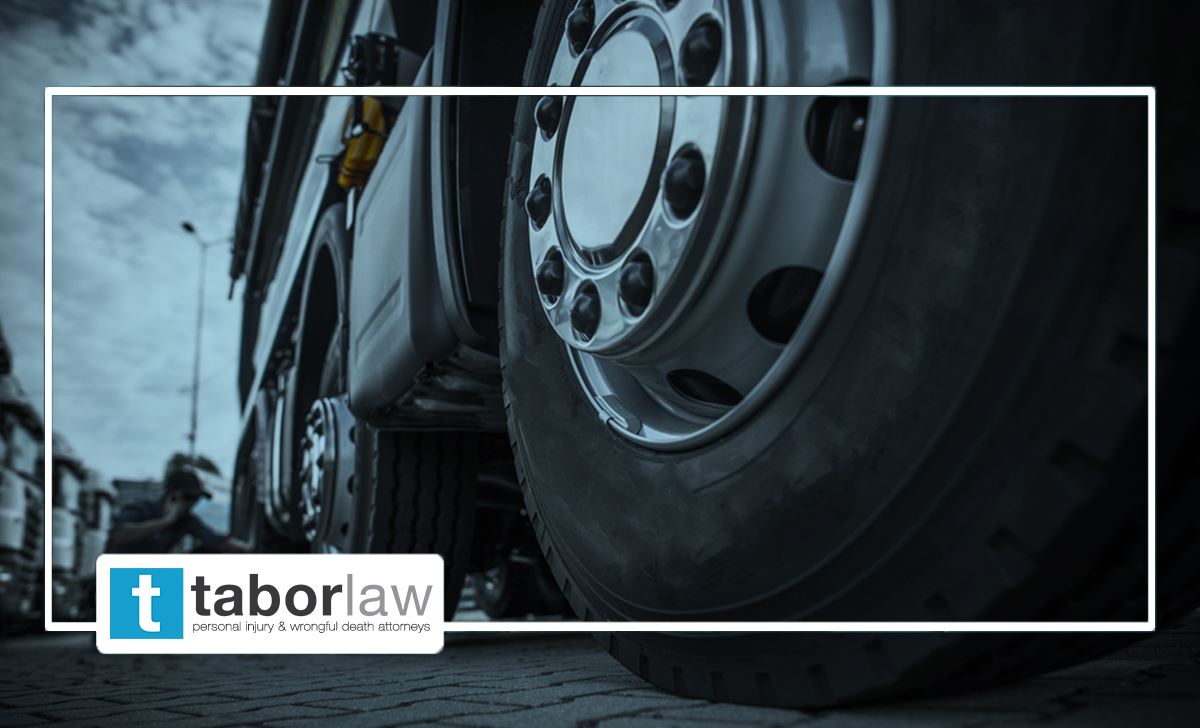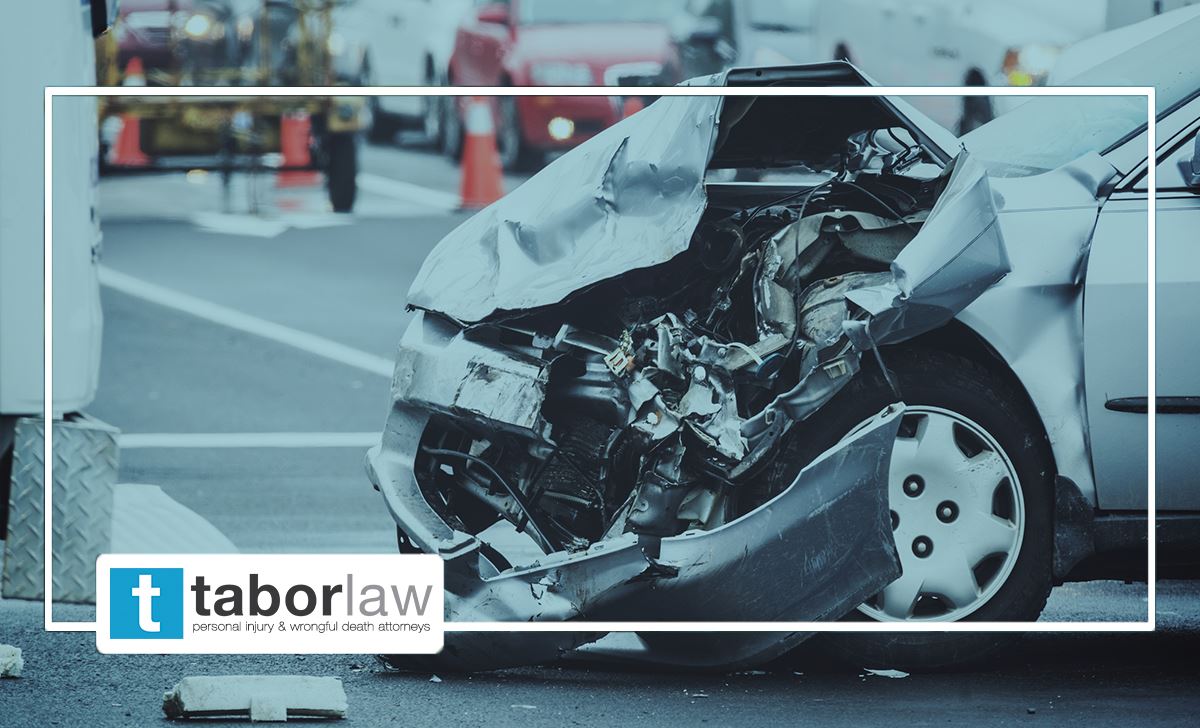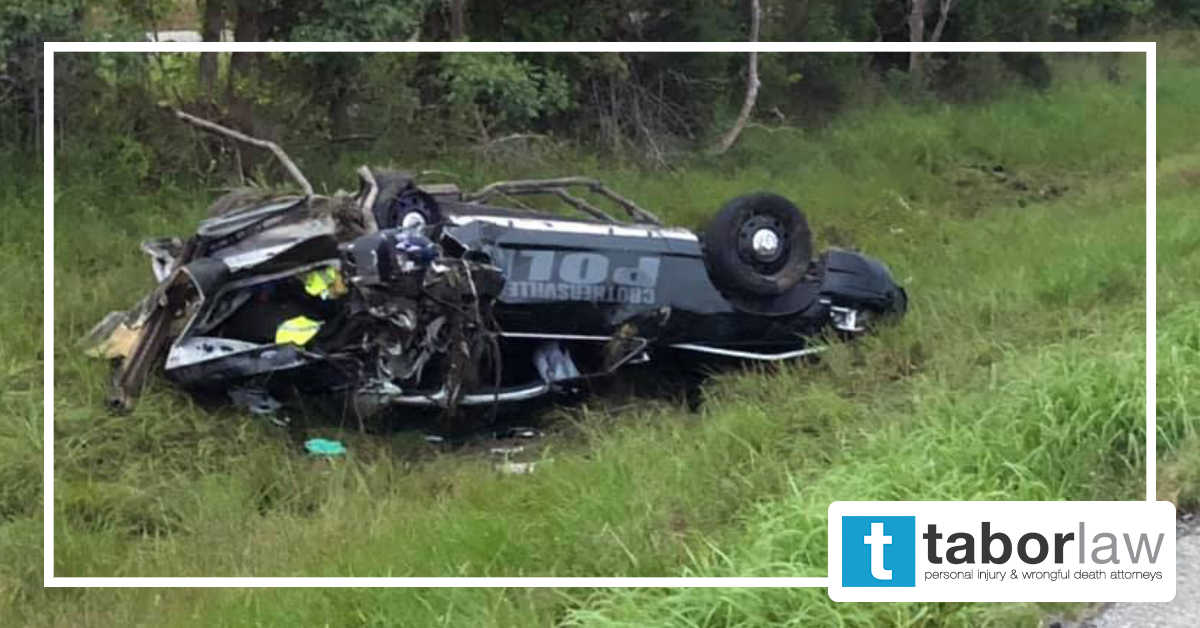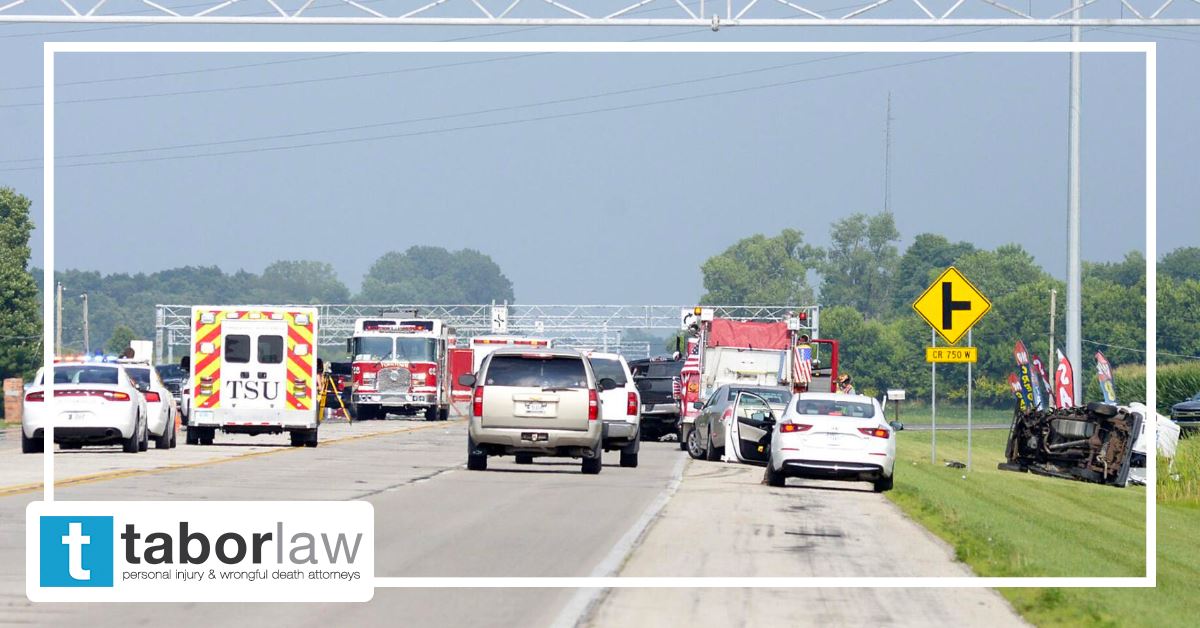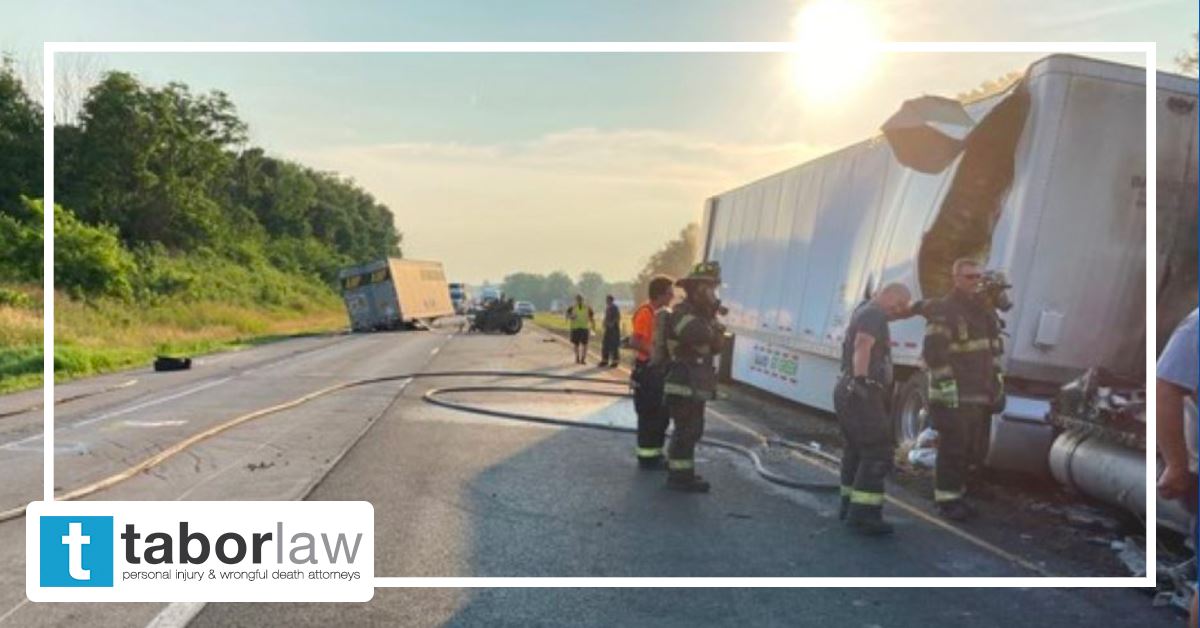Commercial Trucking Safety Updates
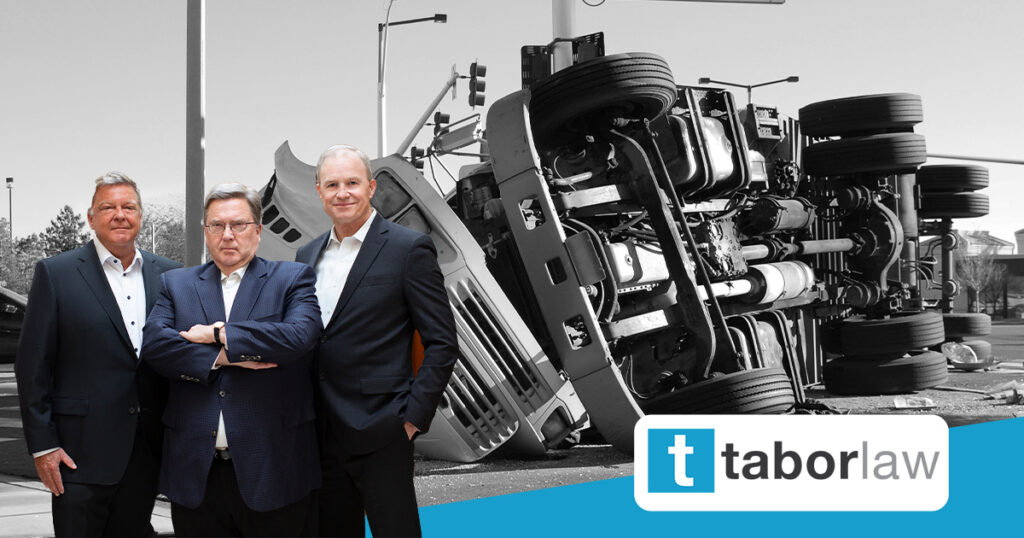
Commercial truck drivers in Indiana and nationally who have grown accustomed
to slow industry changes and a long-followed routine are noting a difference
these days.
In fact, lots of things are changing in the trucking realm. Much of the
focus is on efforts to reduce the
serious and often deadly outcomes that routinely occur in truck-related crashes.
A new system for recording behind-the-wheel time is a case in point. Drivers’
log books were dramatically revamped with the official enactment of “electronic
logging devices” last month. Truckers can no longer record their
driving times manually. Safety regulators think the new system will curb
cheating by some drivers. They say that the ELDs will force truckers to
take required rest breaks, bringing about less fatigue. That will, in
turn, result in more alert behind-the-wheel behavior and thus promote
public safety.
Although many truckers dislike the new system (they say it will unnecessarily
take them off the road at inappropriate times and adversely impact scheduling),
ELDs have broad public support.
The verdict is still out on another hot trucking topic, though, with views
among the public and in the trucking industry ranging widely.
Namely, that is self-driving commercial trucks. That once seemed like pure
science fiction, but now appears to be a not-too-distant reality. One
recent article cites a report concluding that “the trucking industry
will consist of 85 percent automation” within a decade.
Will that make things safer? Will it render the problem of driver fatigue
obsolete and reduce negligence-linked crashes that take the lives of other
drivers and passengers on streets and freeways?
The debate surrounding that continues to be intense and spotlight different
views. While it occurs, though, the day that self-driving trucks will
be out in force on Indiana and national roads seems to be drawing inevitably closer.
Categories:
Related Blog

Pedestrian Safety in Downtown Indianapolis Has Become a Hot Topic. What Can You Do to Protect Yourself?

Bicycle Accidents are on the Rise in Indiana. What Can You Do to Prevent a Bicycle Accident?

Understanding the Causes of Motorcycle Accidents in Indianapolis: An Analysis of Recent Data

Indianapolis Drunk Driving Accidents and How to Handle them with a Personal Injury Attorney
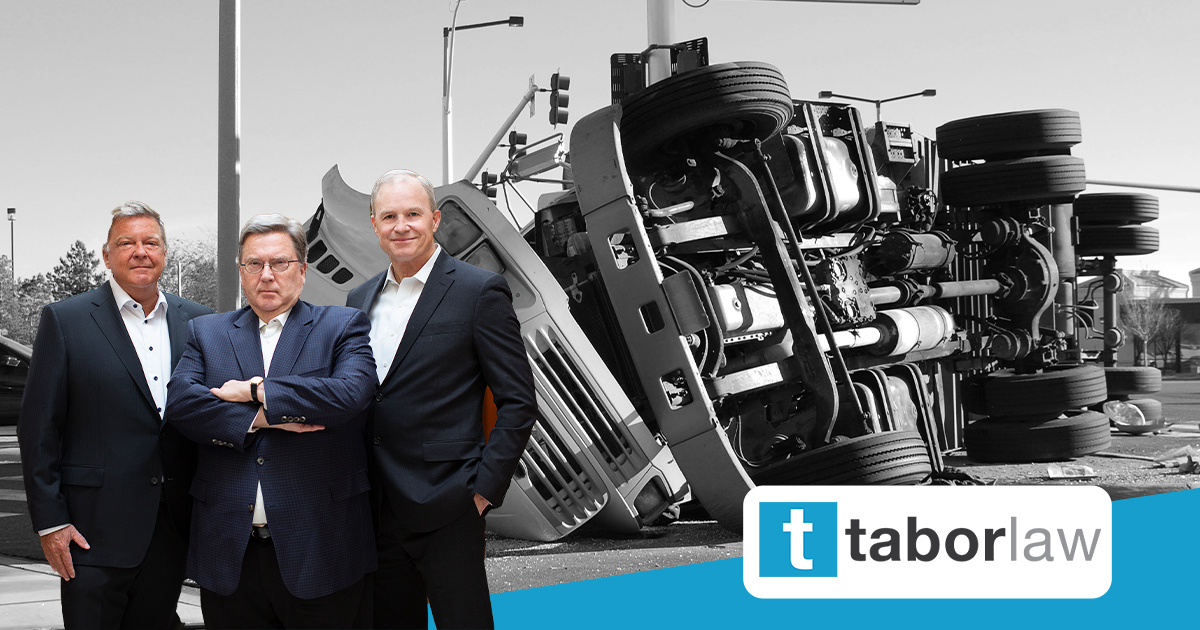
Two Mothers & Two 12-year-old Daughters Killed in Crash While Headed to Volleyball Tournament

Jefferson County Sheriffs Searching for Hit & Run Driver Who Struck 10-year-old Bicyclist










